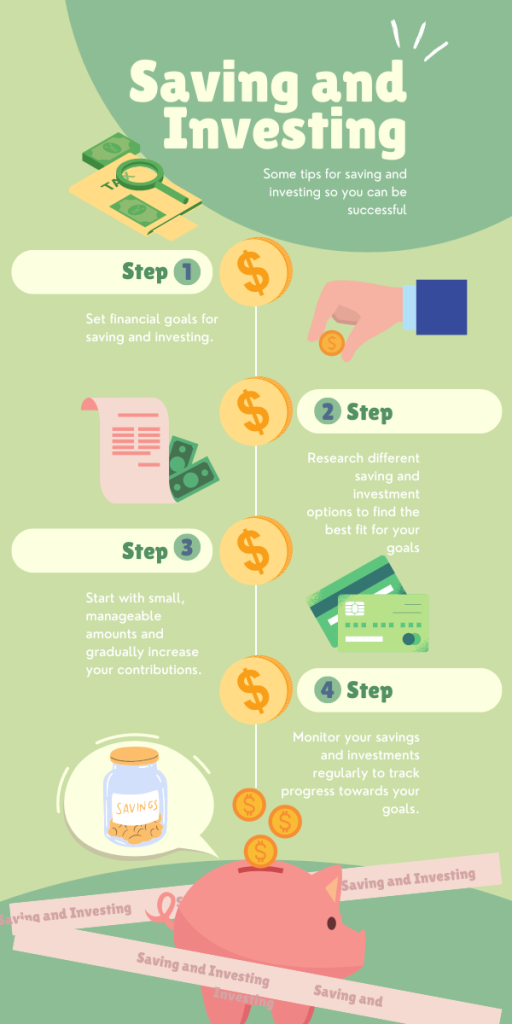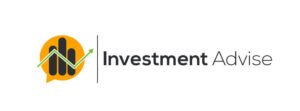The freelance and gig economy has exploded in recent years, offering individuals unprecedented flexibility and autonomy. However, with great freedom comes great responsibility, particularly when it comes to financial planning. Unlike traditional employees with steady paychecks and benefits, freelancers and gig workers must take a proactive approach to managing their finances.
Understanding the Unique Challenges
Freelancers and gig workers face a unique set of financial challenges. Income fluctuations, lack of employer-sponsored benefits, and tax responsibilities can make financial planning complex. Here are some key challenges to consider:
- Income Instability: Income can vary significantly from month to month, making budgeting difficult.
- Lack of Benefits: Freelancers and gig workers typically don’t receive health insurance, paid time off, or retirement contributions from employers.
- Tax Responsibilities: Self-employment taxes and estimated tax payments can be overwhelming.
- Job Security: The nature of freelance work means there’s no guarantee of consistent employment.
Building a Strong Financial Foundation
Despite these challenges, freelancers and gig workers can build a strong financial foundation by following these strategies:
- Create a Realistic Budget:
- Track income and expenses meticulously to identify spending patterns.
- Categorize expenses into fixed (rent, utilities) and variable (food, entertainment).
- Allocate funds for savings, taxes, and business expenses.
- Use budgeting tools or apps to simplify the process.
- Build an Emergency Fund:
- Aim for three to six months’ worth of living expenses.
- Consider a high-yield savings account for optimal returns.
- An emergency fund provides a safety net during slow periods or unexpected expenses.
- Separate Business and Personal Finances:
- Open dedicated bank accounts and credit cards for business expenses.
- Maintain clear records for tax purposes.
- This separation simplifies bookkeeping and tax preparation.
- Master Tax Planning:
- Understand self-employment taxes and estimated tax payments.
- Use tax-saving strategies like deductions and credits.
- Consider consulting with a tax professional for guidance.
- Invest for the Future:
- Explore retirement savings options like IRAs and Solo 401(k)s.
- Consider investing in stocks, bonds, or mutual funds for long-term growth.
- Start investing early to benefit from compound interest.
- Prioritize Health Insurance:
- Research individual health insurance plans through the marketplace.
- Consider health savings accounts (HSAs) for tax advantages.
- Explore professional association or industry-specific insurance options.
- Diversify Income Streams:
- Offer multiple services or products to reduce reliance on a single client.
- Explore additional freelance or gig opportunities.
- Diversification helps mitigate income fluctuations.
- Continuous Learning and Upskilling:
- Stay updated on industry trends and acquire new skills.
- Invest in professional development to increase earning potential.
- Continuous learning enhances your marketability.
- Network and Build Relationships:
- Attend industry events and conferences.
- Connect with other freelancers and potential clients.
- Strong relationships can lead to new opportunities.
- Seek Professional Advice:
- Consult with a financial advisor to create a personalized plan.
- Consider hiring a bookkeeper or accountant for financial management.
- Professional guidance can help you make informed decisions.
Financial planning for freelancers and gig workers requires discipline, organization, and a long-term perspective. By implementing these strategies, you can build a solid financial foundation and achieve financial security in the ever-changing world of freelance work. Remember, consistency and perseverance are key to success.








